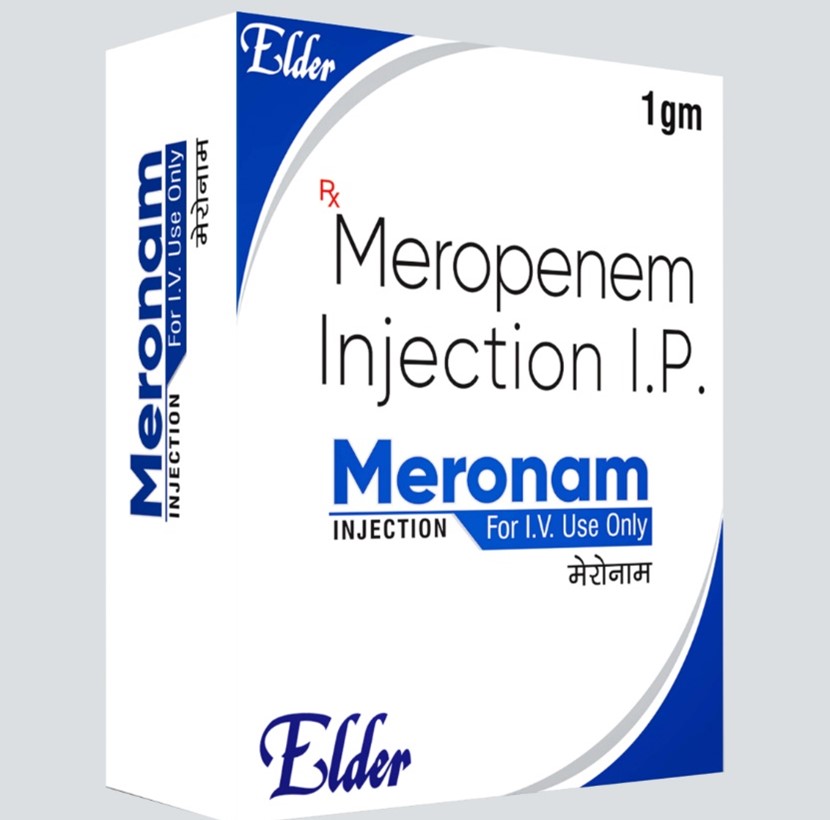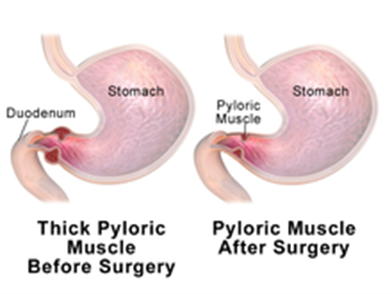The nurse is assessing a first day postpartum client. Which finding is most indicative of a postpartum infection?
White Blood Cell (WBC. Reference Range: 5000-10,000/mm^3 (5-10 x 10^9/L)
Moderate amount of foul-smelling lochia.
Blood pressure of 122/74 mm Hg
Oral temperature of 100.2°F (37.9°C..
White blood cell count of 19,000/mm^3 (19 x 10^9/L)
The Correct Answer is A
Choice B reason: Blood pressure of 122/74 mm Hg is within the normal range for a postpartum client and does not indicate an infection. However, the nurse should monitor for signs of preeclampsia or eclampsia, such as hypertension, proteinuria, headache, blurred vision, and seizures.
Choice C reason: Oral temperature of 100.2°F (37.9°C. is slightly elevated, but not necessarily indicative of an infection. A mild fever may occur within the first 24 hours after delivery due to dehydration or hormonal changes. However, if the fever persists or increases, the nurse should suspect an infection and notify the healthcare provider.
Choice D reason: White blood cell count of 19,000/mm^3 (19 x 10^9/L) is higher than the normal range, but not necessarily indicative of an infection. A leukocytosis or increased WBC count may occur as a normal response to stress or trauma during delivery. However, if the WBC count remains elevated or increases further, the nurse should suspect an infection and notify the healthcare provider.
Nursing Test Bank
Naxlex Comprehensive Predictor Exams
Related Questions
Correct Answer is C
Explanation
Choice A: Yellow-tinged sputum is not a critical finding for the nurse to report, as this is a common sign of pneumonia and does not indicate an adverse reaction to meropenem. This is a distractor choice.
Choice B: Nausea and headache are not urgent findings for the nurse to report, as these are mild side effects of meropenem and can be managed with supportive measures. This is another distractor choice.
Choice C: Watery diarrhea is an important finding for the nurse to report, as this can indicate a serious complication of meropenem, such as Clostridioides difficile infection, which can cause severe dehydration, electrolyte imbalance, and sepsis. Therefore, this is the correct choice.
Choice D: Increased fatigue is not a significant finding for the nurse to report, as this can be related to the client's underlying condition and does not suggest a problem with meropenem. This is another distractor choice.

Correct Answer is B
Explanation
Choice A reason: Marking an outline of the "olive-shaped" mass in the right epigastric area is not a priority nursing action. The mass is caused by hypertrophy of the pyloric sphincter, which obstructs gastric emptying and causes projectile vomiting. The mass may not be palpable in all cases.
Choice C reason: Monitoring amount of intake and infant's response to feedings is important, but not the highest priority. The infant may have difficulty feeding due to nausea, vomiting, and abdominal pain.
Choice D reason: Instructing parents regarding care of the incisional area is a post-operative nursing action, not a pre-operative one. The parents will need to learn how to keep the incision clean and dry, monitor for signs of infection, and administer pain medication as prescribed.

Whether you are a student looking to ace your exams or a practicing nurse seeking to enhance your expertise , our nursing education contents will empower you with the confidence and competence to make a difference in the lives of patients and become a respected leader in the healthcare field.
Visit Naxlex, invest in your future and unlock endless possibilities with our unparalleled nursing education contents today
Report Wrong Answer on the Current Question
Do you disagree with the answer? If yes, what is your expected answer? Explain.
Kindly be descriptive with the issue you are facing.
